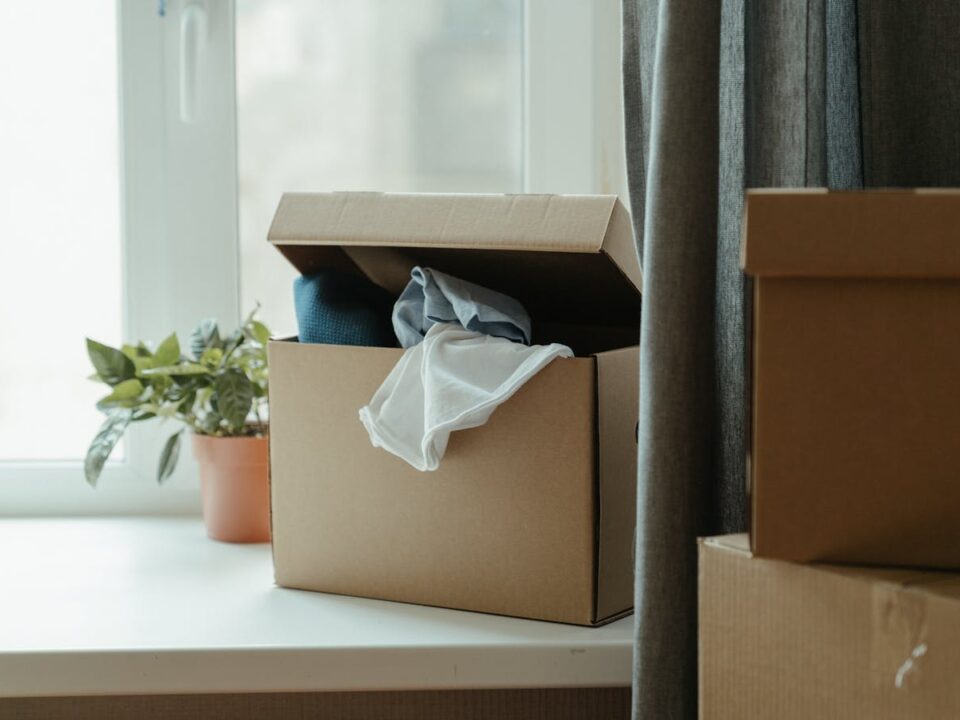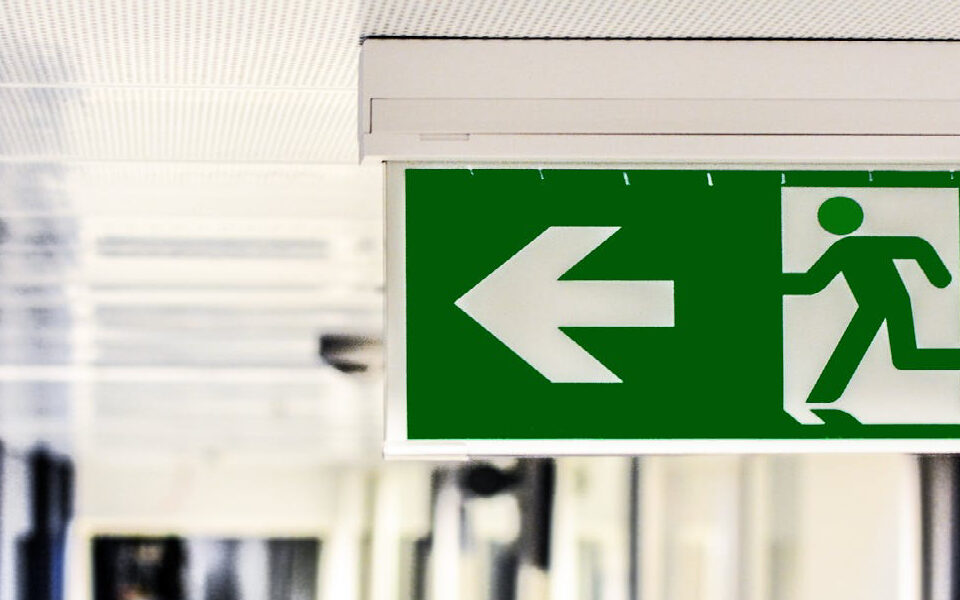The Psychology of Decluttering and How Self-Storage Can Help Improve Mental Health
Our surroundings can have a profound impact on our mental well-being. Cluttered and disorganized living conditions can contribute to feelings of stress, anxiety, and overwhelm. Our chaotic and disorganized physical surroundings can lead to a constant sense of unease. On the other hand, a neat area promotes a sense of order, which can help reduce stress levels and create a more peaceful environment.
When our living or workspace is messy, it becomes challenging to concentrate and focus on the tasks at hand. By creating a tidy environment, we eliminate visual distractions, allowing us to direct our attention and energy toward the task or project we’re working on. This enhances productivity, efficiency, and the quality of our work.
Our surroundings have a direct impact on our mental state. A cluttered setting can lead to a cluttered mind, making it difficult to think clearly and make decisions. When we have control over our surroundings and maintain a clean environment, it promotes mental clarity and improves our ability to think critically and problem-solve effectively. Since our home is a reflection of ourselves, a clean environment can contribute to a greater sense of harmony. When we walk into a clean and organized room, it can evoke feelings of calm, satisfaction, and pride. This positive environment can uplift our mood, improve our overall outlook, and contribute to a more positive mindset.
Fortunately, there is a growing awareness of the therapeutic benefits of organizing our physical environments. One valuable tool in this process is self-storage. Let’s explore the psychology of decluttering and how self-storage can support and improve mental health.
- Creating a Calm and Serene Environment:
A clutter-free space promotes a sense of calm and serenity. When our living areas are filled with excessive belongings, it can be challenging to find peace of mind. Self-storage allows us to temporarily relocate items that are not frequently used, giving our homes a more open and organized feel. By reducing visual chaos, we create an environment that fosters relaxation, clarity, and a sense of external locus of control.
- Reducing Decision Fatigue:
Every item we own requires mental energy. When faced with an abundance of possessions, decision fatigue sets in. The constant need to make choices about what to keep, where to put it, or how to organize it can be mentally exhausting. Self-storage provides a solution by allowing us to temporarily remove non-essential items from our immediate living areas. This reduces decision fatigue and frees up mental energy for more critical tasks and activities.
Letting Go and Emotional Attachment:
Sorting out involves making decisions about what to keep and what to let go of. This process can be emotionally challenging, as we often form emotional attachments to our belongings. Self-storage provides a transitional place where we can keep sentimental items or belongings with emotional value, even if we are not ready to part with them completely. Knowing that these items are safely stored gives us the freedom to let go of clutter without the fear of losing something meaningful.
Increased Productivity and Focus:
A disorderly environment can lead to distractions and a lack of focus. By utilizing self-storage, we can create a dedicated workstation or living area that is free from mess and distractions. This promotes increased productivity, concentration, and a greater ability to focus on important tasks or projects. A clean and organized scene allows our minds to stay clear and focused, enhancing overall mental peace.
Enhanced Sense of Control and Confidence:
Taking control of our living spaces through cleaning and utilizing self-storage can have a positive impact on our overall sense of power and self-confidence. It provides a tangible way to actively manage our physical environment, which can translate into a sense of empowerment and mastery in other areas of life. The act of sorting and organizing becomes a metaphorical representation of taking charge of our lives, leading to increased self-esteem and a more positive outlook.
The psychology of decluttering goes beyond the physical act of tidying up. It has profound effects on our mental health and happiness. Self-storage serves as a valuable resource in this process by providing a temporary home for items we don’t need in our immediate living spaces and becomes a powerful tool for improving our sanity and overall quality of life.



